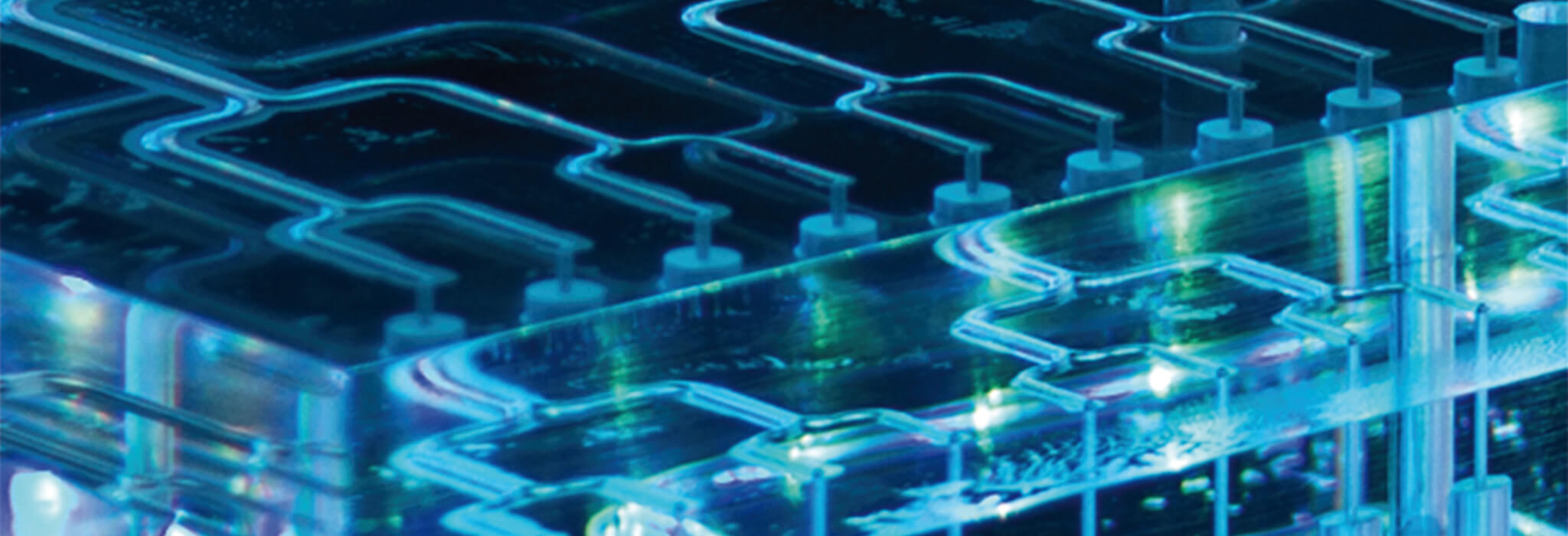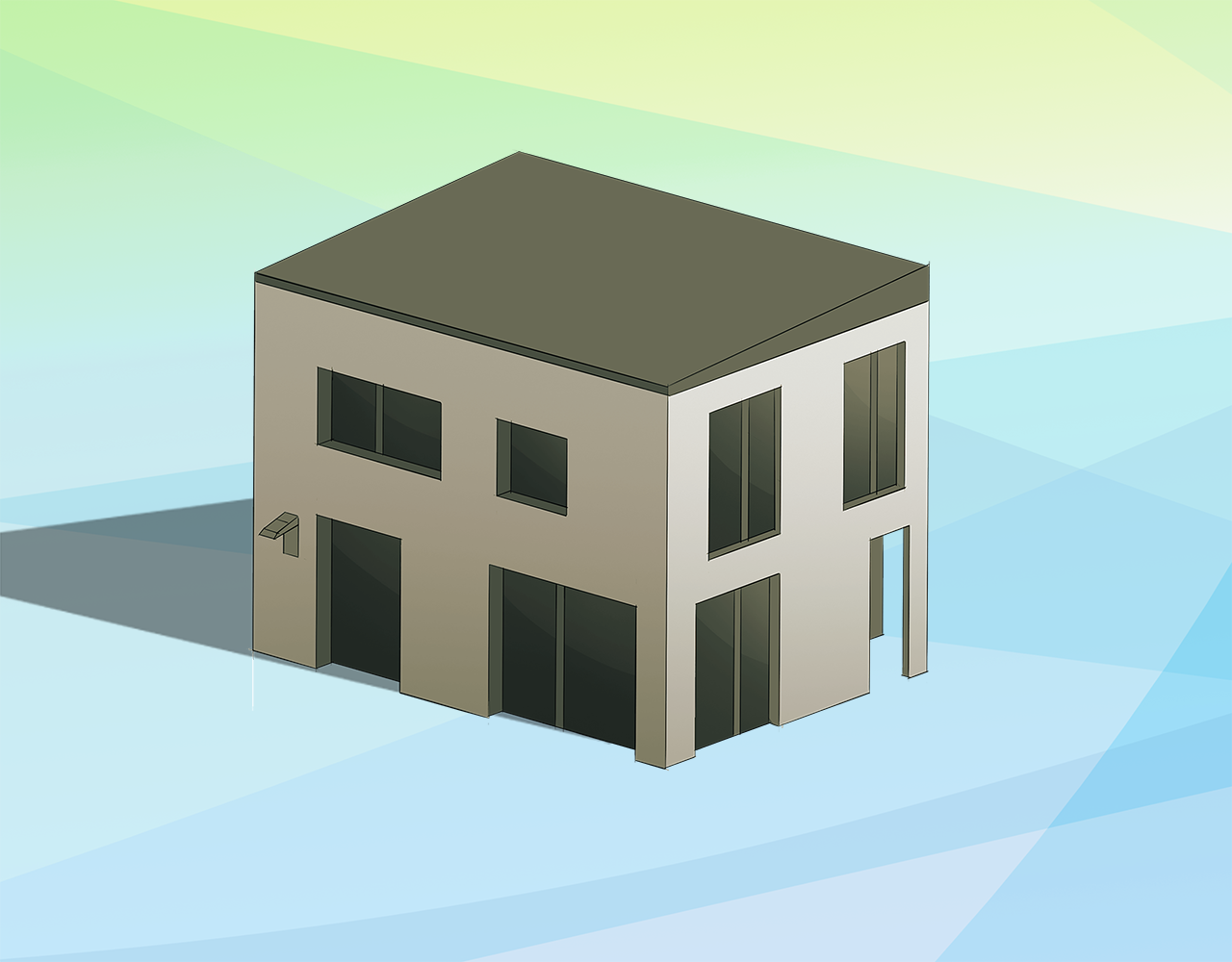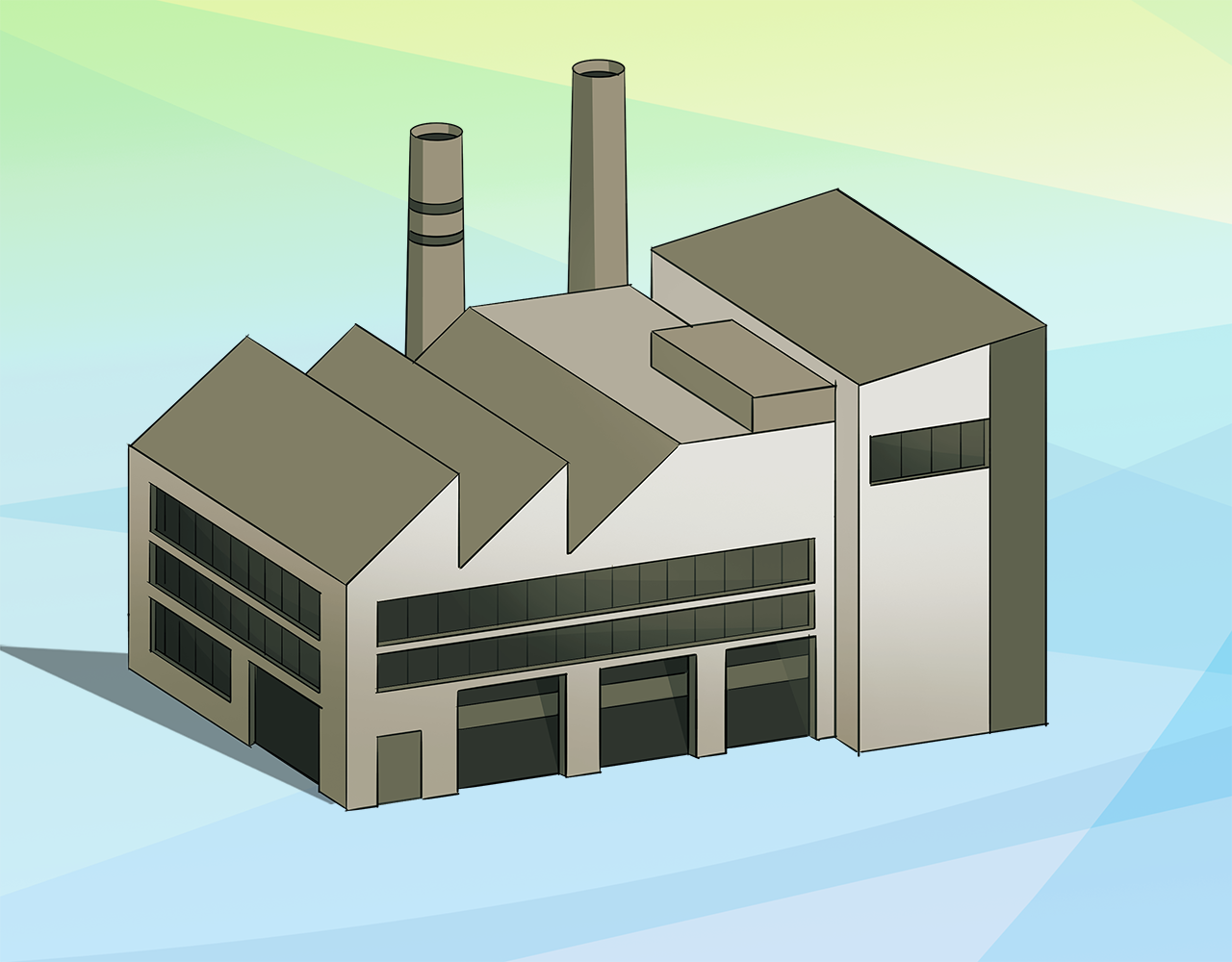Jahr
Year | Titel/Autor:in
Title/Author | Publikationstyp
Publication Type |
|---|
| 2025 |
Evaluating low-temperature heat sources for large-scale heat pump integration: A method using open-source data and indicators
Fuchs, Nicolas; Yanez Vazquez, Luis Guillermo; Nkongdem, Bertrand; Thomsen, Jessica |
Zeitschriftenaufsatz
Journal Article
|
| 2024 |
Utilizing waste heat from data centers with adsorptive heat transformation - Heat exchanger design and choice of adsorbent
Velte-Schäfer, Andreas; Teicht, Christian; Stahlhut, Maximilian; Mayer, Thomas; Herrmann, Ralph; Urbaneck, Thorsten; Füldner, Gerrit |
Zeitschriftenaufsatz
Journal Article
|
| 2024 |
Wärmepumpen - Die Lösung für die Wärmewende?
Herkel, Sebastian; Schossig, Peter |
Aufsatz in Buch
Book Article
|
| 2024 |
Analysis of the Performance and Operation of a Photovoltaic-Battery Heat Pump System Based on Field Measurement Data
Baraskar, Shubham Vijay; Günther, Danny; Wapler, Jeannette; Lämmle, Manuel |
Zeitschriftenaufsatz
Journal Article
|
| 2024 |
Synthesis and Characterization of Carbon-Based Heterogeneous Catalysts for Energy Release of Molecular Solar Thermal Energy Storage Materials
Magson, Lucien; Hölzel, Helen; Aslam, Adil S.; Henninger, Stefan; Munz, Gunther; Moth-Poulson, Kasper; Knäbbeler-Buß, Markus; Funes-Ardoiz, Ignacio; Sampedro, Diego |
Zeitschriftenaufsatz
Journal Article
|
| 2024 |
Propan-Wärmepumpen im Bestand
Uhl, Annette; Bavia Bampi, Bruno; Nienborg, Björn; Engelmann, Peter |
Zeitschriftenaufsatz
Journal Article
|
| 2024 |
When Polymorphism in Metal-Organic Frameworks Enables Water Sorption Profile Tunability for Enhancing Heat Allocation and Water Harvesting Performance
Matemb Ma Ntep, Tobie J.; Wahiduzzaman, Mohammad; Laurenz, Eric; Cornu, Ieuan; Mouchaham, Georges; Dovgaliuk, Iurii; Nandi, Shyamapada; Knop, Klaus; Jansen, Christian; Nouar, Farid; Florian, Pierre; Füldner, Gerrit; Maurin, Guillaume; Janiak, Christoph; Serre, Christian |
Zeitschriftenaufsatz
Journal Article
|
| 2023 |
Wärmepumpen für bestehende Mehrfamilienhäuser marktreif machen: Messungen in realen Gebäuden zeigen gute Performance
Metz, Jakob; Bongs, Constanze; Günther, Danny; Wapler, Jeannette; Lämmle, Manuel |
Zeitschriftenaufsatz
Journal Article
|
| 2023 |
Adsorption Dynamics and Hydrothermal Stability of MOFs Aluminium Fumarate, MIL-160 (Al), and CAU-10-H, and Zeotype TiAPSO for Heat Transformation Applications
Velte-Schäfer, Andreas; Laurenz, Eric; Rustam, Lina; Hügenell, Philipp; Henninger, Matthias; Seiler, Jan; Füldner, Gerrit |
Zeitschriftenaufsatz
Journal Article
|
| 2023 |
Comparison of different deep neural networks for system identification of thermal building behavior
Gölzhäuser, Simon; Frison, Lilli |
Zeitschriftenaufsatz
Journal Article
|
| 2023 |
Refrigerant charge distribution in brine-to-water heat pump using R290 as refrigerant
Sánchez-Moreno-Giner, Luis; Methler, Timo; Barceló-Ruescas, Francisco; Gonzalvez-Maciá, José |
Zeitschriftenaufsatz
Journal Article
|
| 2023 |
Vergleich verschiedener Simulationswerkzeuge am Beispiel einer füllmengenreduzierten Propanwärmepumpe
Beckschulte, Moritz; Will, Torsten; Koura, Adel Mohamed Nabil Ibrahim; Dankwerth, Clemens; Methler, Timo; Morawietz, Katharina; Schnabel, Lena |
Zeitschriftenaufsatz
Journal Article
|
| 2023 |
Numerical Modelling and Evaluation of a Novel Sorption Module for Thermally Driven Heat Pumps and Chillers using Open-Source Simulation Library
Velte-Schäfer, Andreas; Zhang, Yannan; Nonnen, Thomas; Wittstadt, Ursula; Frazzica, Andrea; Füldner, Gerrit; Palomba, Valeria |
Zeitschriftenaufsatz
Journal Article
|
| 2023 |
Solare Kühlung und Trocknung von Fischen in Kenia
Fischer, Matthias; Esper, Albert; Pfanner, Norbert; Morgenstern, Alexander |
Zeitschriftenaufsatz
Journal Article
|
| 2023 |
Heat Pump Systems in Existing Multifamily Buildings: A Meta-Analysis of Field Measurement Data Focusing on the Relationship of Temperature and Performance of Heat Pump Systems
Lämmle, Manuel; Kropp, Michael; Metz, Jakob; Wapler, Jeannette; Oltersdorf, Thore; Günther, Danny; Herkel, Sebastian; Bongs, Constanze |
Zeitschriftenaufsatz
Journal Article
|
| 2023 |
Optimization of energetic refurbishment roadmaps for multi-family buildings utilizing heat pumps
Vollmer, Raphael; Lämmle, Manuel; Hess, Stefan; Henning, Hans-Martin |
Zeitschriftenaufsatz
Journal Article
|
| 2023 |
Producing the goods
Morgenstern, Alexander; Pfanner, Norbert |
Zeitschriftenaufsatz
Journal Article
|
| 2023 |
Basic Adsorption Heat Exchanger Theory for Performance Prediction of Adsorption Heat Pumps
Velte-Schäfer, Andreas; Laurenz, Eric; Füldner, Gerrit |
Zeitschriftenaufsatz
Journal Article
|
| 2023 |
Comparison of PVT - heat pump systems with reference systems for the energy supply of a single-family house
Chhugani, Bharat; Pärisch, Peter; Helmling, Sebastian; Giovannetti, Federico |
Zeitschriftenaufsatz
Journal Article
|
| 2023 |
Niedrigere Trinkwarmwasser-Systemtemperaturen bringen Wärmepumpen in die Breite
Kropp, Michael; Lämmle, Manuel; Schauer, Christian; Reiter, Fabian |
Zeitschriftenaufsatz
Journal Article
|
| 2023 |
Benchmarking metal-organic framework coatings from Large-Temperature-Jump experiments: Learning from trade-offs in mean powers versus characteristic times
Henninger, Matthias; Gilges, Markus; Nissen, Tim; Cui, Frédéric S.; Rustam, Lina; Ernst, Sebastian-Johannes; Velte-Schäfer, Andreas; Bardow, André; Seiler, Jan |
Zeitschriftenaufsatz
Journal Article
|
| 2023 |
Detailed Thermal Evaluation of Brazed Plate Heat Exchanger Using Infrared Thermography
Will, Torsten; Schnabel, Lena; Köhler, Jürgen |
Zeitschriftenaufsatz
Journal Article
|
| 2022 |
Experimental Performance Analysis of Adsorption Modules with Sintered Aluminium Fiber Heat Exchangers and SAPO‐34‐Water Working Pair for Gas‐Driven Heat Pumps
Velte, Andreas; Joos, Lukas; Füldner, Gerrit |
Zeitschriftenaufsatz
Journal Article
|
| 2022 |
Performance of air and ground source heat pumps retrofitted to radiator heating systems and measures to reduce space heating temperatures in existing buildings
Lämmle, Manuel; Bongs, Constanze; Wapler, Jeannette; Günther, Danny; Hess, Stefan; Kropp, Michael; Herkel, Sebastian |
Zeitschriftenaufsatz
Journal Article
|
| 2022 |
TABSOLARⓇ - a novel approach of thermo-active (solar) building systems based on ultra-high performance concrete (UHPC)
Hermann, Michael; Hildebrandt, Christina; Mattmüller, Jan; Felic, Artur; Sablotny, Tino; Tesari, Iwiza; Bethge, Klaus; Böke, Jens |
Zeitschriftenaufsatz
Journal Article
|
| 2022 |
Passgenaue Softwarelösungen für Handwerksbetriebe
Meyer, Robert |
Zeitschriftenaufsatz
Journal Article
|
| 2022 |
Wärmepumpen sind oft günstiger als Gaskessel
Meyer, Robert; Senkpiel, Charlotte |
Zeitschriftenaufsatz
Journal Article
|
| 2022 |
Experimental Results of a Gas Fired Adsorption Heat Pump and Simulative Prediction of Annual Performance in a Multi-Family House
Velte, Andreas; Laurenz, Eric; Leisner, Simon; Weber, Josef; Wittstadt, Ursula; Füldner, Gerrit |
Zeitschriftenaufsatz
Journal Article
|
| 2022 |
Einsatz von Wasserstofftechnologien in Gebäuden
Herkel, Sebastian; Meyer, Robert; Gerhardt, Norman |
Aufsatz in Buch
Book Article
|
| 2021 |
Refrigerant maldistribution in brazed plate heat exchanger evaporators. Part B: Analysis of the influence of maldistribution on the evaporator performance
Navarro-Peris, E.; Alvarez-Piñeiro, L.; Schnabel, Lena; Corberan, Jose M. |
Zeitschriftenaufsatz
Journal Article
|
| 2021 |
Numerical Study of Hydrocarbon Charge Reduction Methods in HVAC Heat Exchangers
Allymehr, E.; Skaugen, G.; Will, Torsten; Pardiñas, A.A.; Eikevik, T.M.; Hafner, A.; Schnabel, Lena |
Zeitschriftenaufsatz
Journal Article
|
| 2021 |
Refrigerant maldistribution in brazed plate heat exchanger evaporators. Part A: Testing campaign and experimental results
Navarro-Peris, E.; Alvarez-Piñeiro, L.; Albaladejo, P.; Schnabel, Lena; Corberan, Jose M. |
Zeitschriftenaufsatz
Journal Article
|
| 2020 |
Heat Pump Efficiency in Existing Buildings - Results from a Field Measurement Campaign
Wapler, Jeannette; Günther, Danny; Bongs, Constanze; Miara, Marek |
Zeitschriftenaufsatz
Journal Article
|








